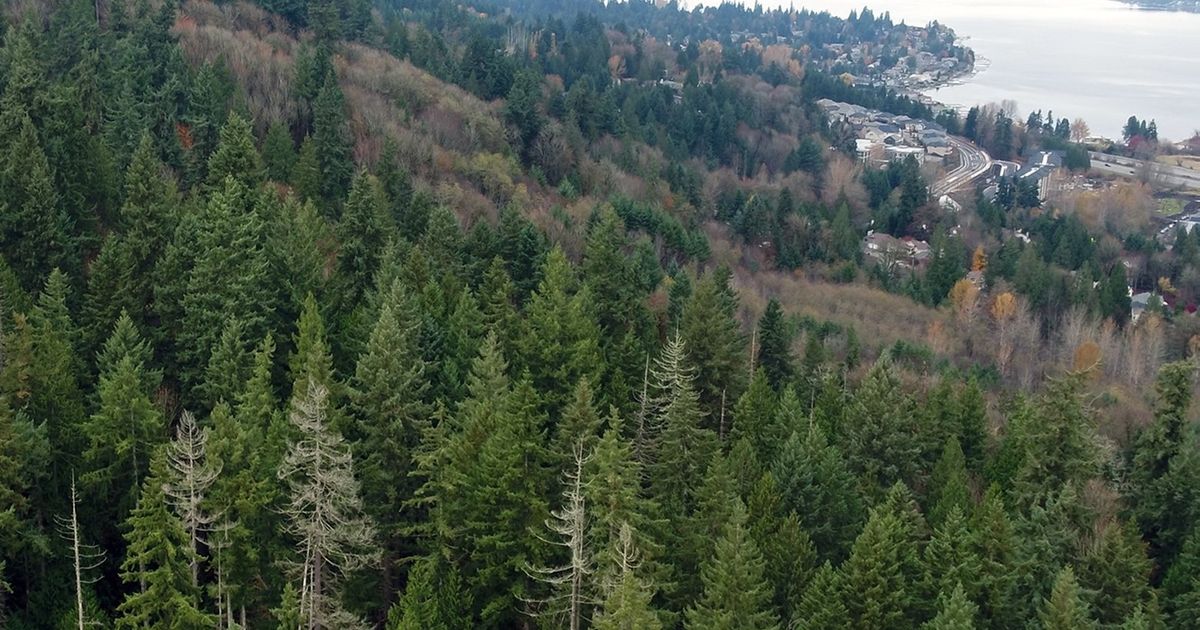
King County announced Friday that Regen Network Development, a Delaware-based blockchain software development company, bought $1 million in carbon credits generated by a 46-acre forest in Issaquah.
The deal is being hailed as the largest single sale of urban forest credits in U.S. history. The money earned will be used by the county, the city of Issaquah and the Mountains to Sound Greenway Trust, among others, to further protect and conserve urban forests, according to the county.
“Our region is now part of the largest sale of urban forest carbon credits in U.S. history, thanks to partnerships among King County, cities and nonprofits,” King County Executive Dow Constantine said in a news release. “We will steward the newly protected urban forests so they can continue to absorb carbon, contribute to cleaner air and water, and create more greenspace where people, families, and communities can gather.”
The county and city purchased the forested property in 2018. The county’s portion was added to Cougar Mountain Regional Wildland Park while the city’s slice was renamed Harvey Manning Park Expansion Area.
The sale announced this week was overseen by City Forest Credits, a Seattle nonprofit that manages a carbon registry in several metropolitan areas.
The money generated by the sale of the carbon credits will help fund forest management programs like the King County Forest Carbon Program, which is part of the county’s Land Conservation Initiative, an effort to protect existing tree canopies as well as build more parks, trails and public spaces.
CFC issued the credits purchased by Regen Network Development in the deal announced Friday. RND will most likely sell those credits to other buyers.
Emission-offset schemes have presented forest carbon credits as an attractive means for individuals, companies and governments to negate or neutralize the burning of fossil fuels by investing in the natural ability of trees, plants and soil to sequester carbon, or in projects that fund the conservation, protection or regeneration of natural systems.
King County became the first local government in the country to offer forest carbon offsets in May 2019. In the first five years of the program, the county vowed to preserve more than 100,000 metric tons of carbon dioxide that would have been released into the atmosphere were it not for the county’s protection. Microsoft became its first local customer when the company agreed to buy all credits from the program’s first year.
“You know, we’re new to all of this,” said King County Forest Carbon Program Manager Kathleen Wolf.
That project and the 46-acre plot in Issaquah are two of the largest carbon offset projects overseen by King County.
“Between the two, we’ve been on a really steep learning curve as well, just trying to better understand what it takes to get these projects up and running, how the sale of credits can help us make connections with, in particular, local buyers who then become participants,” Wolf said.
Carbon credits and emission offsets can be fascinating but nauseatingly complex. Still, she was able to boil it down to a workable mantra.
“Protect forest. Generate the credits. Sell those. Use that funding to protect more forest.”



















